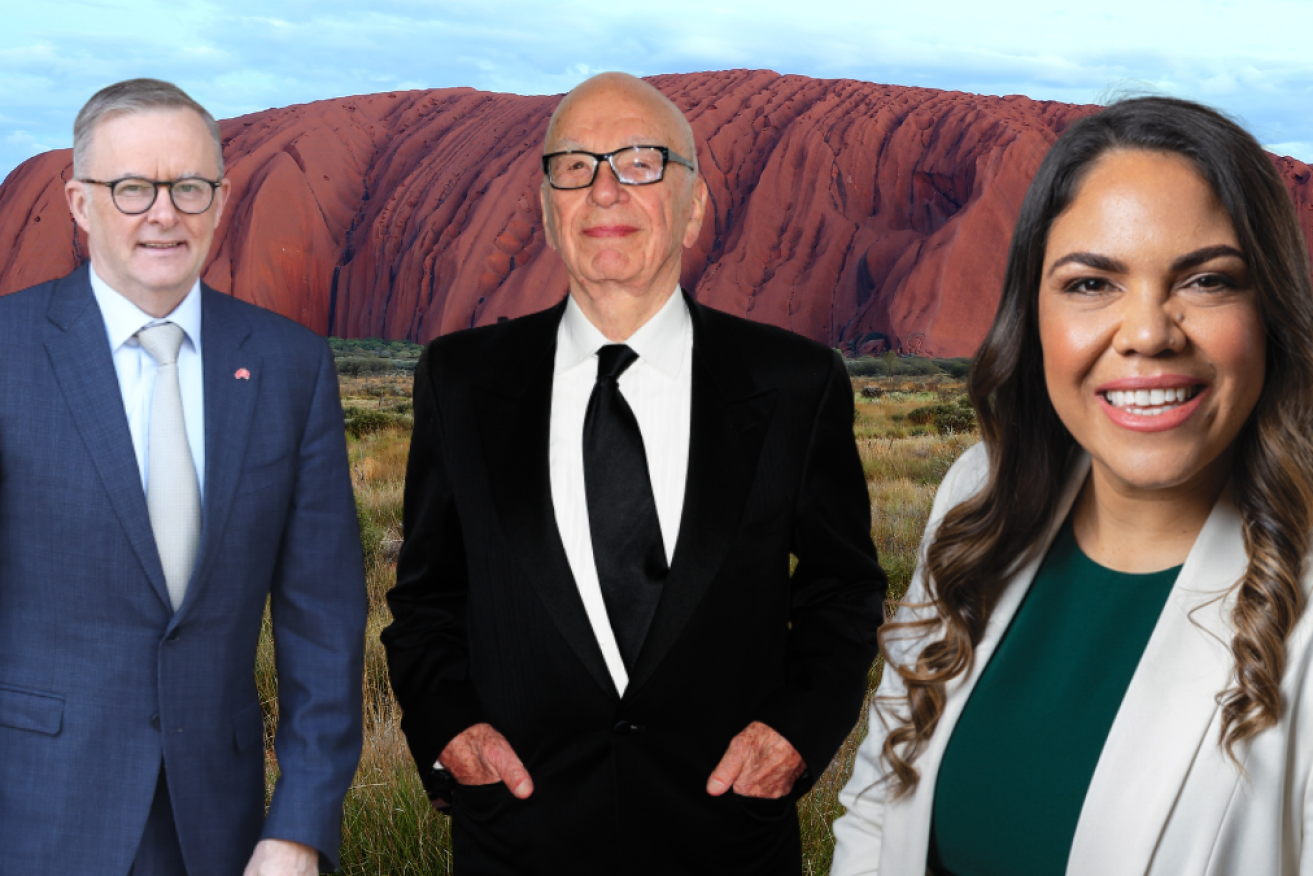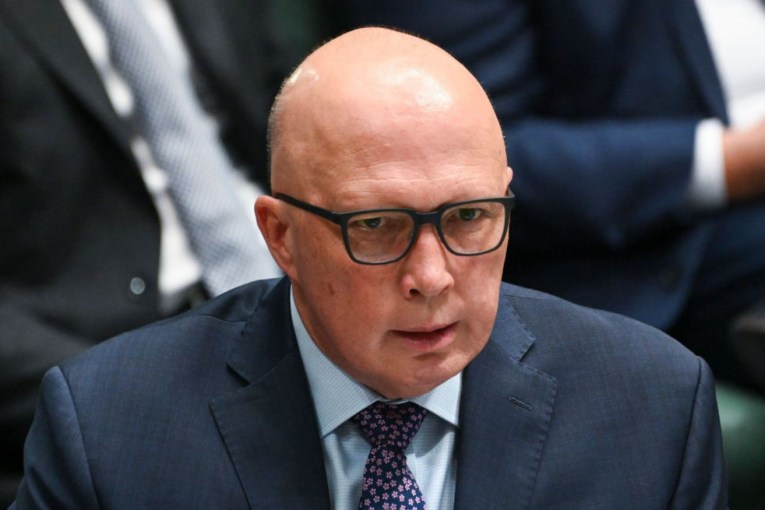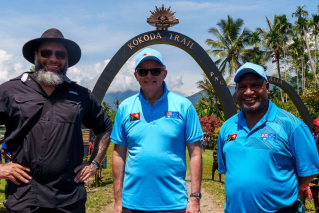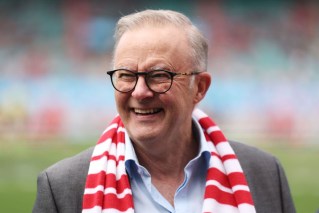Media and the Voice: The campaign’s descent into darkness


There are six factors fueling the malaise over the Voice, writes Ben Abbatangelo. Photo: TND/Getty
The referendum discourse was destined to descend into darkness long before the campaigning began.
Although the jarring polarisation that continues to overwhelm the discussion was inevitable, its veracity was most definitely a choice.
As an Aboriginal journalist who contributes to a range of media publications, here are six themes that I believe have contributed to the malaise.
Early editorial positions
Whether officially or not, most newsrooms ceded whatever remnants of neutrality and independence that remained by taking an editorial position of ‘for’ or ‘against’ in the months preceding Anthony Albanese’s election victory.
This decision brings me back to the words of the Anglo-Irish playwright Oscar Wilde, who famously said: “The moment an artist takes notice of what other people want, and tries to supply the demand, he ceases to be an artist.”
Wilde’s principles apply to news, as publications and broadcasters bypass accuracy in order to prioritise the appetites of their followers and the bottom line of their balance sheets.
They don’t know how to read the play
The majority of people responsible for editorial decisions know next-to-nothing about Aboriginal and Torres Strait Islander peoples, and how the unrelenting tidal wave of settler-colonialism continues to impact our affairs.
This ignorance has seen the industry devote precious time and attention to not only mundane thematics anchored in irrelevance, but amplifying the purposeful misinformation of the Murdoch racket.
As publications and pundits stab their way through the dark, matters of significance – like Labor continuing to undermine the entire premise and promise of the Voice by ignoring First Nations peoples in pursuit of more violent policies, have subsequently been glossed over or entirely ignored.
Censorship and the pursuit of drollery
Because the Uluru Statement has been ill-defined as consensus, editorial teams in favour of ‘Yes’ have censored the legitimate concerns held by First Nations peoples. By leaning into the tension of these concerns – many of which remain unaddressed – would not just undermine their corporate positions, but also unravel the narrative that only those who vote ‘No’ are on the racist side of the ledger.

Tony Abbott thinks the Voice will divide Australia on the ‘basis of ancestry’. Photo: AAP
Sure, most that are pushing ‘No’ are doing so because anything at all for First Nations people is too much, but most that are advocating for ‘Yes’, especially companies like Woodside, Minerals Council and BHP are doing so because they know the Voice to Parliament is nowhere near enough. While both sides believe that they are worlds apart, they are bound together by a desire to maintain supremacy.
The conversation would have been broadened if media outlets made an uncompromising attempt to prioritise these grassroots perspectives, but it has instead been minimised as publications prefer to platform and amplify people like Tony Abbott.
Saturation of the same voices
Despite the dynamism of politics that is both a binding and differentiating feature for First Nations peoples, the discussion has been dominated by a small handful of voices.
Instead of canvassing the breadth of politics from across the continent, the richness of discussion has been deprived because the analysis continues to be drawn from the same pond. Any outsider looking in would think that Noel Pearson, Marcia Langton, Warren Mundine and Jacinta Price are the elected leaders of our communities.
People’s words – especially politicians and those who have been positioned as the faces of the different campaigns – need to sit within the context of their actions. A gentle scratch of the surface shows there is a world of difference between what people say and what it is that they do.
Drawing longbows
In pursuit of quotas, newsrooms continue to clunkily hitch the Voice wagon onto stories that deserve to be standalone. It’s possible to publish stories about Indigenous peoples and our affairs, public holidays and cost of living, or anything for that matter, without drawing longbows back to the referendum.
Unfortunately, the pinballing debate is a long way from reaching rock bottom – if one even exists. First Nations peoples will walk away from this referendum, irrespective of the outcome, battered and bruised. Despite being culpable, the media certainly won’t be there to pick up the pieces that they helped smash.
Ben Abbatangelo is a Gunaikurnai and Wotjobaluk journalist and writer








